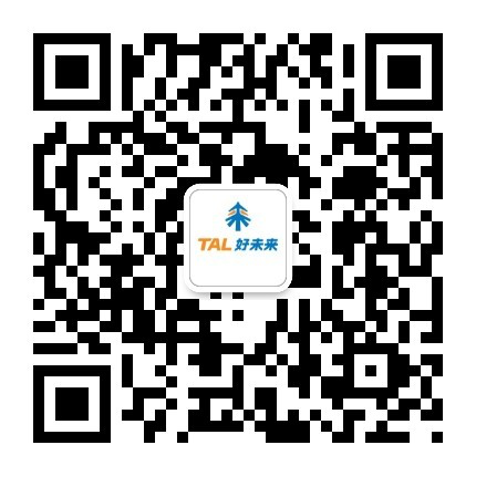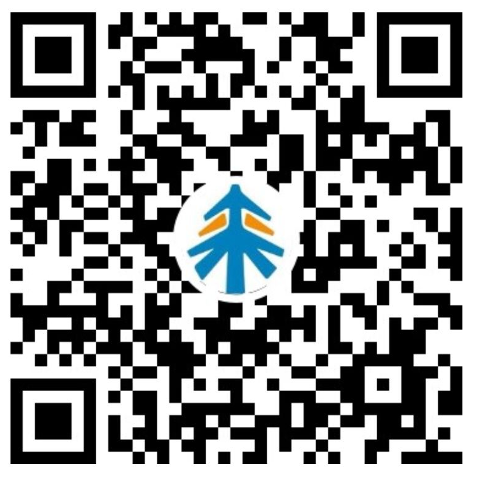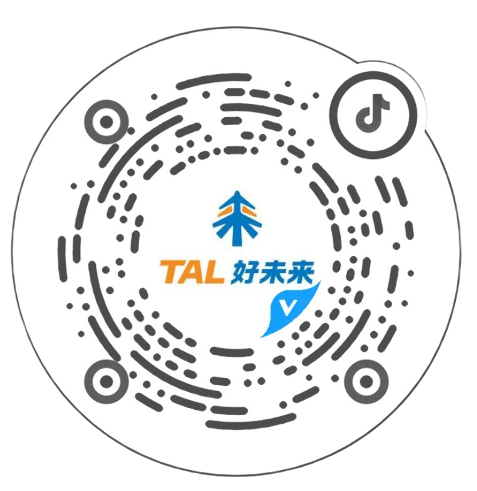




At the just-concluded GES2017 Future Education Conference, Zhang Bangxin summarized the trend of future education with the word "integration", and at the 4th World Internet Conference, Zhang Bangxin once again emphasized the keyword of future education - "integration". TAL Education Group will continue to use technological means to continuously promote the integration of online and offline education, the integration of public and private education, as well as the integration of high-quality education resources and concepts at home and abroad, to create a better learning experience for students, cultivate "lifelong benefitting abilities" for students, and cultivate talents required in the new era.
The 2017 World Internet Conference closed recently, with the theme of "Developing Digital Economy and Promoting Openness and Sharing - Working Together to Build a Community of Shared Future in Cyberspace", attracting more than 1500 guests from over 80 countries and regions. In the forum "Joining Hands in the New Era, Talking about New Economy" on December 4, several outstanding entrepreneurs, including Ma Huateng, Chairman and CEO of Tencent, Yang Yuanqing, Chairman of Lenovo Group, and Zhang Bangxin, Founder and CEO of TAL Education Group, conducted a multi-dimensional and high-profile collision of ideas, jointly exploring the development trends and prospects of the future economy and industry.

(Scene of the "Joining Hands in the New Era, Talking about New Economy" forum at the 2017 World Internet Conference)
At the just-concluded GES2017 Future Education Conference, when asked about the view on the future trend of education, Zhang Bangxin expressed a keyword - "integration", especially emphasizing the integration of technology and education, and underlining the importance of technological innovation in promoting educational progress. At the 4th World Internet Conference, Zhang Bangxin further interpreted the development trend of education in the new era and once again emphasized the keyword for the future of education - "integration". TAL Education Group will continue to use technological means to continuously promote the integration of online and offline education, the integration of public and private education, as well as the integration of high-quality education resources and concepts at home and abroad, to create a better learning experience for students, cultivate "lifelong benefitting abilities" for students, and cultivate talents required in the new era.
Against the backdrop of the new economic era, information technology featuring the rapid development of the internet, cloud computing, big data, IoT, and AI is continuously driving the progress and innovation of the education industry. Today, the education industry not only shoulders the important responsibility of cultivating and providing talents for various industries, but has also gradually become an important engine for promoting the vigorous development of the new economy and digital economy.
In the future, industry practitioners in the education industry need to create more efficient educational models, link international high-quality educational resources, and stimulate the potential of the global education ecosystem. In this regard, Zhang Bangxin, Founder and CEO of TAL Education Group, pointed out that in the new era economy, "integration" may become a new turning point for the education industry under the digital economy. The future trend of education development will be driven by technology. Through the integration of "online + offline", "public" and "private", and "domestic" and "overseas", continuous promotion of educational innovation and industrial transformation will take place. This is also a deepening of this view by Zhang Bangxin after the GES Future Education Conference, suggesting that "integration" may become a new trend in the development of the education industry.

(Zhang Bangxin, Founder and CEO of TAL Education Group)
"Online + offline" integration to explore new educational models
The "Next Generation Artificial Intelligence Development Plan" issued by the State Council mentioned "building a new education system including intelligent learning and interactive learning", marking the rise of education informatization to the level of a national strategy. Currently, with the rapid development of science and technology in China, the education industry is facing more opportunities and challenges: artificial intelligence, online education, early childhood education, and other related areas are becoming industry buzzwords. Integration is not the goal, but rather a means to achieve effective education. TAL Education Group has always used technology to drive educational progress, and its independently developed "Magic Mirror System" applies facial recognition technology to dynamically and in real-time capture students' activities, exercises, classes, and emotions in the classroom using cameras. Along with the intelligent exercise system based on advanced technologies such as big data and cloud computing, it can pinpoint weak points in students' knowledge and generate customized learning plans for each student.
With the maturity of live streaming technology, TAL Education Group's "Dual-Teacher Classroom" is becoming a supplementary and upgraded traditional teaching model through "online + offline" blended teaching methods, integrating educational technology such as artificial intelligence to gradually amplify the value of high-quality teaching resources, unleash the potential of personalized training, and allow more students to experience the fun of personalized learning and find themselves and enhance their abilities in the learning process.
Public and private integration for the development of education informatization
In June last year, the "Thirteenth Five-Year Plan for Educational Informatization" released by the Ministry of Education proposed encouraging companies to build resource platforms according to national regulations and the needs of schools, construct an educational informatization system that aligns with the national goal of modernizing education, and public and private education is now experiencing a new opportunity for mutual promotion through reasonable use of technological means to improve the effectiveness of education and teaching, continually driving the healthy development of educational informatization.
Since its establishment, TAL Education Group has always attached great importance to reciprocal cooperation with public schools, supporting their progress and development in educational informatization using advanced educational technology concepts and methods such as "AI + education". In recent years, TAL Education Group has successively introduced products and services such as English leveled reading, teaching cloud platforms, dual-teacher live classrooms, and intelligent parent classrooms to over a hundred public schools in provinces and regions including Beijing, Guangdong, Henan, Qinghai, Jiangsu, Shanghai, Zhejiang, and Shandong. These measures to participate in the teaching reform of primary and secondary schools through educational informatization have been well received by a large number of teachers and students.
At the same time, TAL Education Group actively fulfills corporate social responsibility, actively promoting educational public welfare in broader regions of China to promote balanced development of high-quality educational resources. In 2016, the "Same Classroom" project introduced the "Dual-Teacher Classroom" product into 8 schools in rural areas of Sichuan and Gansu; in 2017, the "Hope Online Education Public Welfare Platform" was launched, providing live broadcasting and learning platforms for resource-poor areas. Recently, TAL Education Group and New Oriental announced the joint establishment of the "Qingxi Yuanshan Public Welfare Foundation" to allow high-quality educational resources to reach every corner of China.
Integration of high-quality educational resources from home and abroad to link global education resources
Since the reform and opening up, China's basic education has made great progress, and high-level foreign universities such as those in the UK and the US have called for learning from China's basic education. At the same time, advanced concepts of higher education from abroad are also continuously being introduced to China, and the integration and development of high-quality educational resources from abroad and China have stimulated the vitality and diversity of the global education ecosystem.
In this era, TAL Education Group actively introduces a large number of international high-quality teaching resources, and collaborates with international authoritative academic research institutions and universities to jointly develop teaching products suitable for Chinese children and conduct extensive exploration in interdisciplinary teaching. Meanwhile, through the establishment of industry platforms such as the "Future Star Education CEO Entrepreneurship Camp", TAL Education Group continuously invests in and acquires innovative educational technology companies, hatching and building educational innovation platforms to actively promote the open introduction of internationalized educational resources, and work hard to cultivate internationalized, future-oriented, and diverse talents.
Educational progress should lead the way in industrial transformation, and the progress of technology is the best way to achieve universal education. Through the integration innovation of "online + offline", collaboration between "public and private" education, and the open exchange between "domestic and foreign" high-quality resources, educational companies such as TAL Education Group are working hard to resolve the contradiction between the increasing demand for quality education and the imbalance in the development of education. They are truly using education to promote technological progress and effectively promote the balanced development of Chinese educational resources and the vigorous development of educational informatization.